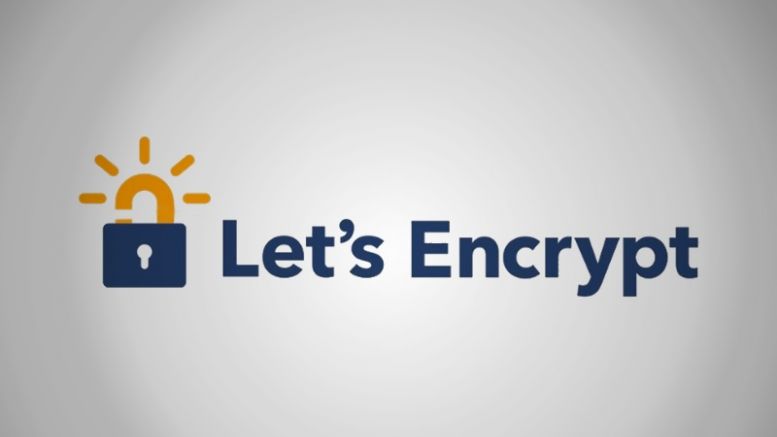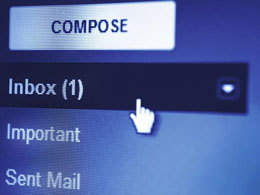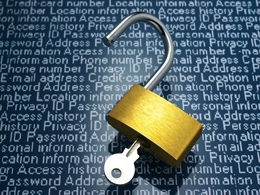
Lets Encrypt Email Leak Shows Flaws in Centralized Trust
Let’s Encrypt, a Free, Open source Certificate Authority, announced that they have unintentionally leaked thousands of emails in their subscriber mailing list yesterday, to those same subscribers. The organization disclosed that 7,618 emails were compromised and that the same number of users were given said emails in varying quantities as the automated email chain grew in size. ‘Minor’ Email Breach Raises Questions. The leak occurred during a mass email about a change to their subscription agreement, when an automated mailer-bot added previous recipients of the email to the body of each....
Related News
Regardless of which email provider a consumer uses today, all of these services are centralized in their very own way. Let’s take internet service provider mailboxes, for example, which are complementary when signing a contract with one of these companies. They offer a handful of free mailboxes to the customer, but there are strings attached that are not....
A bitcoin user has created a way in which to use a bitcoin address to securely read email. The project, named B1txr, allows users to provide their bitcoin address, followed by @b1txr.com, to anyone as a way of avoiding giving out their real email address. Of course, there are other ways to encrypt email. However, GPG/PGP encryption requires both ends to be using the same software, which is rarely the case. The same is the case for Bitmessage. B1txr provides a simpler way to privately receive email. The site receives emails and stores them for you. When you login, you must prove that you....
Trust is a component in both gold currency and Bitcoin, although working in two fundamentally different ways. With gold, trust is almost always required, be it in mining, minting, or banking. On the other hand, with Bitcoin, mandatory trust only enters the equation with a centralized mining network. All other trust requirements with Bitcoin occur when an individual voluntarily gives a company or other person control over his or her coins. However, contrary to popular belief, Bitcoin’s trustless nature does not necessarily make it a winner over gold when it comes to trust. If Bitcoin mining....
In this day and age, no source of information is safe from prying eyes and hackers attempting to breach databases. Every so often, a company will accidentally leak confidential data, to great chagrin of affected individuals. In the case of a London HIV clinic, the leak of patient data could prove to be quite costly. There is no better time for decentralized record-keeping solutions and blockchain technology it seems. Imagine being a HIV patient, and finding out your personal details have been leaked “on accident” by the clinic you entrusted the information to. Data leaks do not occur....
A new HTTPS Certificate Authority, Let’s Encrypt, allows the general populace to attain explicit trust for their websites and apps. In theory, the service makes the goal of a fully encrypted web more attainable and eliminates the price-prohibitive procedure of attaining an CA certificate. Recently, though, trojans and spyware signed with Let’s Encrypt certificates have begun to crop up. This means malware commonly flagged by antivirus programs can go unnoticed by Windows systems – and collect your personal info, including any login info you use to get into online wallets, and accounts used....





